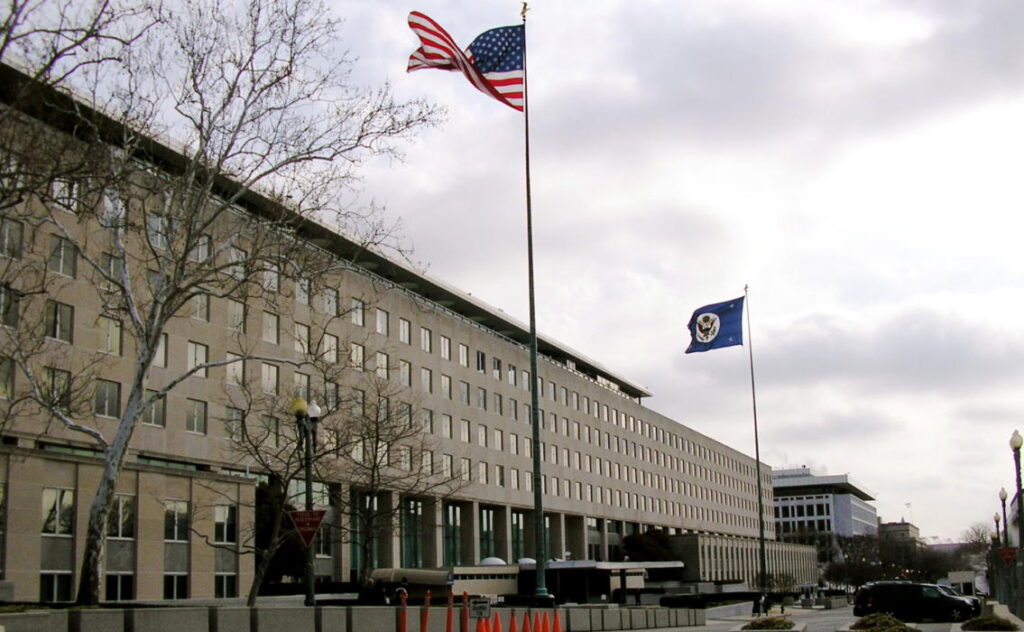Bergoglio may be a bad choice, expediency to continue on the conservative path of John Paul II and Benedict XVI above an effort to close the gap between sheperd and his flock. The new pope may carry a dark secret which will tarnish his papacy. Arrogance and fascism goes hand in hand.
(AP) – Under his leadership, Argentina’s bishops issued a collective apology in October 2012 for the church’s failures to protect its flock during the 1970s. But the statement blamed the era’s violence in roughly equal measure on both the junta and its enemies.
That statement came far too late for some activists, who accused Bergoglio of being more concerned about the church’s image than about aiding human rights investigations in Argentina.
Bergoglio twice invoked his right under Argentine law to refuse to appear in court. When he eventually did testify in 2010, human rights attorney Myriam Bregman said his answers were evasive.
At least two cases directly involved Bergoglio. One examined the torture of two of his Jesuit priests – Orlando Yorio and Francisco Jalics – who were kidnapped in 1976 from the slums where they advocated liberation theology. Yorio accused Bergoglio of effectively handing them over to the death squads by declining to tell the regime that he endorsed their work. Jalics refused to discuss it after moving into seclusion in a German monastery.
Both men were freed after Bergoglio took extraordinary, behind-the-scenes action to save them. Bergoglio never shared the details until he was interviewed for a 2010 biography.
Bergoglio, Massera y Guardia de Hierro
(Pájaro Rojo) – La desmemoria del cardenal seguramente se extiende a un evento ocurrido el 25 de noviembre de 1977 cuando él integraba la plana mayor de la Universidad del Salvador. Ese día, la Usal otorgó al jefe de la Armada, Emilio Eduardo Massera, el título de “doctor honoris causa”, en una ceremonia pública. Los datos de esa distinción al Almirante Cero desaparecieron misteriosamente de los archivos de la Universidad porque allí constan las firmas de quienes lo propusieron y cuáles eran las motivaciones para doctorar a un genocida. Pero, el cardenal hoy no recuerda el decisivo papel que jugó en ese homenaje al mandamás de la Marina.
Esa tarde, Bergoglio escuchó a Massera pronunciar un ampuloso discurso sobre la indiferencia de los jóvenes, el amor promiscuo, las drogas alucinógenas y la “derivación previsible” de esa “escalada sensorial” en “el estremecimiento de la fe terrorista”. Con una sonrisa en los labios, el dueño y señor de la Esma también aseguró que la Universidad era “el instrumento más hábil para iniciar una contraofensiva” de Occidente.
Aunque aplaudió fervorosamente, el discreto Bergoglio no subió al estrado. Sí lo hicieron sus fieles discípulos de Guardia de Hierro, la poderosa organización paramilitar en la que Bergoglio militaba desde 1972 y que posteriormente intervino en la apropiación de los bienes de los desaparecidos.
Bergoglio predicted as next pope in 2003
(NCR) – On the other hand, Bergoglio is a Jesuit, which automatically creates reservations on a couple of levels. One is that Jesuits are not supposed to receive ecclesiastical honors, and there is some resistance within the community to the idea of a Jesuit pope. Moreover, the Jesuits aren’t exactly wildly popular in some Church circles these days, given their image as the loyal opposition to John Paul II. Some cardinals might shrink from voting for a Jesuit, especially a Latin American, given memories of the bitter struggles over liberation theology.
Within the Jesuits, Bergoglio’s reputation is mixed. He was appointed provincial in Buenos Aires in 1973, which means that he enjoyed the respect of his brothers. On the other hand, Jesuit sources in Rome say he was a divisive leader. At a time when many Latin American Jesuits were moving aggressively into the social apostolate, he insisted on a more traditional, spiritual approach, demanding that Jesuits continue to staff parishes and act as chaplains rather than moving into “base communities” and political activism. Eventually he stepped down as superior in 1980.
Bergoglio is today close to the Comunione e Liberazione movement. Twice he has presented Spanish editions of the books of the movement’s founder, Fr. Luigi Giussani, at Argentina’s major annual book fair.
The cardinal comes across as traditional theologically, but open and compassionate.
